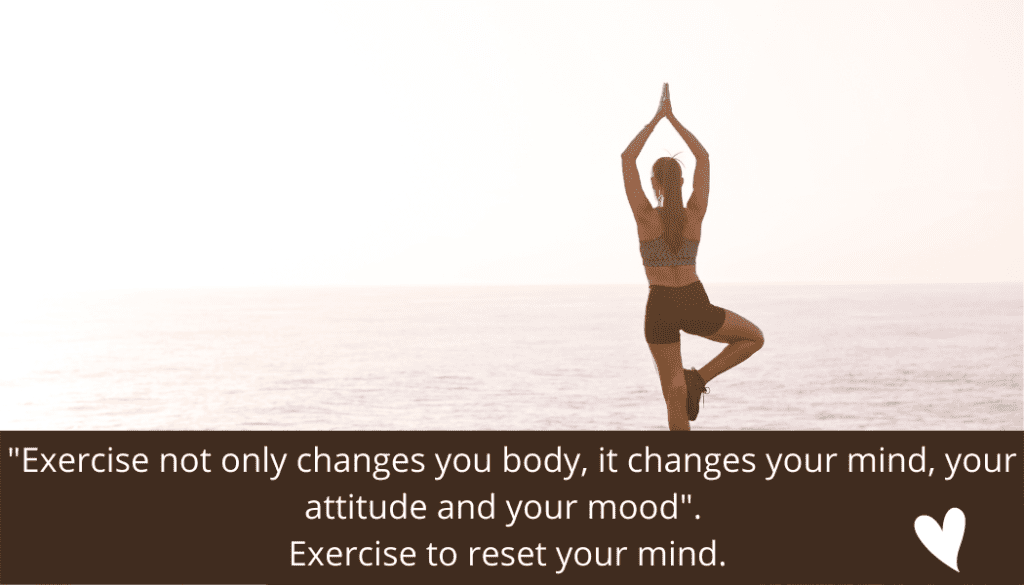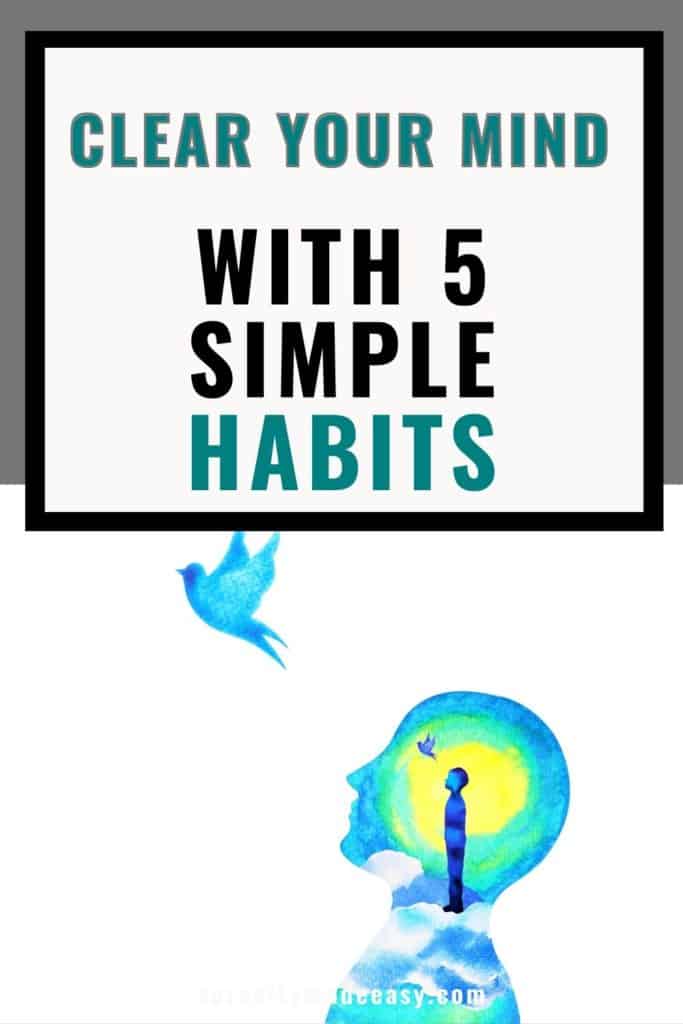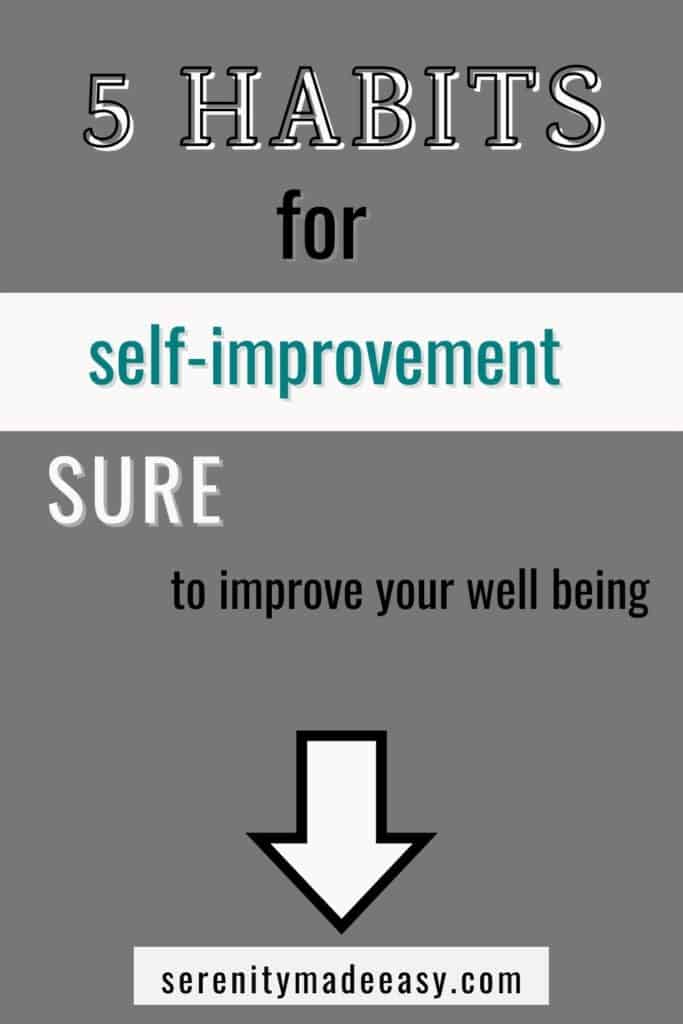This post may contain affiliate links. If you click one and make a purchase, I earn a small commission at no extra cost to you. It helps support the site so I can continue to offer great content to you!

When you feel like you are losing the sense of who you are and you can’t seem to find a direction for your life, it’s time to reset your mind. Coming to this realization and accepting the situation is the first step toward changing the path you are on.
As a busy working mom and wife, I know it is not abnormal to have chapters of our lives where we find ourselves sad, depressed, anxious, or simply lacking purpose.
The key is to be able to take control and not let ourselves dwell in these feelings. We must get past these chapters and continue to write the amazing story of the life we want. In this blog post, I will share my 5 best tips to reset your mind.
1. Learn to meditate
Meditation has been around for thousands of years. People from all different cultures, ethnicity, religion and socio-economic background rely on meditation to improve their well-being. Meditation can be practiced at home, at no cost, and requires as little or as much time as you wish to dedicate to it.
Meditation has many benefits. Below are a few:
- Reduces stress and anxiety
- Improves grounding, focus and presence
- Enhances ability to cope with emotional situations
- Improves sleep
- Elevates awareness and ability to see different perspectives
The easiest form of meditation for a beginner is guided meditation. During guided meditation, a teacher will talk you through getting into an elevated relaxation state. Your mind will be less likely to wander and start thinking about all the things you have to do later. You can find many guided meditations online or download one of the many apps. I personally use the insight timer app. The app is free and is perfect for someone who is new to this practice as it offers many different styles and duration as well as educational material.
Try it: Implement a daily meditation practice for the next 7 days. Try the meditation at different times of the day and note how it helps you reset your mind.
2. Start journaling
If you are skeptical about journaling, hear me out. I am not talking about writing down what you wore to the party or gossip you heard at the PTO meeting. I am talking about a method to allow your emotions and your feelings to leave your body.
By writing down what is on your mind, you are allowing yourself to acknowledge the emotion you are feeling and accept it. In turn, you will be able to manage your stress in a more effective way. A study has shown that consistent journaling has been linked to lowering blood pressure in some individuals.
Incorporating gratitude into your journaling practice can also have a tremendous impact on boosting your happiness and level of satisfaction with your life. It helps you look at things through a different lens by realizing all the great things you have in your life.
Try it: Grab a pen and a notebook and give journaling a try. I recommend implementing a journaling session a the same time every day. Try to pick a time when your house and quiet and you are unlikely to be interrupted. Sometimes it can take a few minutes to get going. As you sit in silence, what you need to journal about will reveal itself.
3. Get proper sleep
You’ve heard this one million times. Yet, several people still refuse to make sleep a priority on a regular basis.

Poor sleep can impact many aspects of your life. Lack of sleep can impact your mood, weakened your immune system, and reduce your ability to focus and memorize things.
It is important to note that both the quantity and quality of your sleep are important. The best way to get an adequate amount of sleep is to set a sleep schedule for yourself. For most of us, our wake-up time is dictated by work, school, or family responsibilities. Therefore, determine how many hours of sleep you wish to have each night and set your bedtime based on the time you need to get up.
There are a number of things you can try to improve the quality of your sleep. Some of the obvious include lowering your caffeine consumption during the day, having a comfortable mattress and pillow, and sleeping in a dark and quiet room.
In addition, most people benefit from implementing a bedtime or evening routine. It is important to create a routine that will work for you and that you can stick to. By doing so, your body begins to recognize the activities that are leading up to your bedtime and can start preparing for sleep.
Here are examples of habits to include in an evening routine to to help calm and reset your body and mind:
- Tidy up the house (ex: clean counters and put dirty dishes away, put dirty laundry in hamper, sort the mail)
- Wash your face or even take a bath
- Change into comfortable clothing/pajamas
- Have a cup of herbal tea (here is my favorite night time tea)
- Make a list of to dos for tomorrow
- Read and/or journal
- Meditate
Try it: If you struggle with the quantity of sleep you get, implement a wake-up and bedtime schedule and stick to it for a few weeks. Note the changes you observe whether physically or mentally. If you struggle with the quality of your sleep, consider creating an evening routine to help your body and mind prepare for a restful night’s sleep.
4. Move your body
Doing physical activity is key to healthy living in general but is also critical if you want to reset your mind and live peacefully. We often focus on the physical benefits such as maintaining a healthy weight and lowering blood pressure, and risks of cardiovascular diseases. However, physical activity also has a direct correlation to mental health.
When you exercise, your body releases hormones like endorphins (a feel-good hormone) which help boost your mood. Exercise also delivers benefits linked to lowering anxiety and depression feelings and is a fantastic way to combat stress.

To make physical activity part of your daily habits, you need to pick an activity that you truly enjoy. Do not force yourself to pick up bodybuilding because your best friend does it if this isn’t your style. Moving your body can simply be going for a short walk, vacuuming your house, or doing some yoga. You do not need to go fancy and you do not need to spend money on this. If it is still difficult for you to implement, try pairing the activity with something that you enjoy like listening to an audiobook, a podcast, or talking to a friend at the same time (during a walk for example).
Try it: Commit to 30 minutes of continuous physical activity per day. Pick an activity that you like or one that you must do, like mowing the lawn. Pair it with something you like and observe the change it creates in your mental wellbeing and ability to live in a calmer state.
5. Focus on what you can control
This is much easier said than done, I agree. However, limiting the time you spend thinking or talking about things that are outside of your control can be a game-changer for your mental wellbeing. You need to learn how to look at the situation from a different perspective and be open to shifting your mindset. Focus on the positive and more importantly focus on your actions and reactions towards the situation, not on the situation itself.
Let’s take an example to make this more concrete. You were planning to attend an outdoor event on Friday night. You have been waiting for this event for months! As the day is approaching, you notice there is a 100% chance of rain. You cannot control the weather. But you can control your reaction and attitude. You can choose to stay home and proceed to complain about this for the next 3 months. Or, you can get some rain gear and make this a memorable night with your friends with fun pictures to commemorate it.
When you give power to negative thoughts, they will become your reality and start impacting you physically. The shift to letting go of things that are outside of your control takes practice. It requires you to pause and ask yourself questions when facing a situation that makes you uncomfortable. However, if you are committed to self-improvement, you will experience life in a more peaceful way if you learn to let go of things that are outside of your control.
Try it: When facing a difficult situation, ask yourself if this is something you have control over. If it isn’t, ask yourself what you do have control over and shift your focus on this aspect. Consider practicing this while journaling. You can probably find situations most days that are outside of your control and reflect on how your reaction to those events impacted your wellbeing. Then ask yourself what you could have done differently.
In conclusion…
This post was all about sharing my best tips to help you reset your mind and hopefully keep it clear and peaceful.
I hope you found it helpful,
Cat xx


